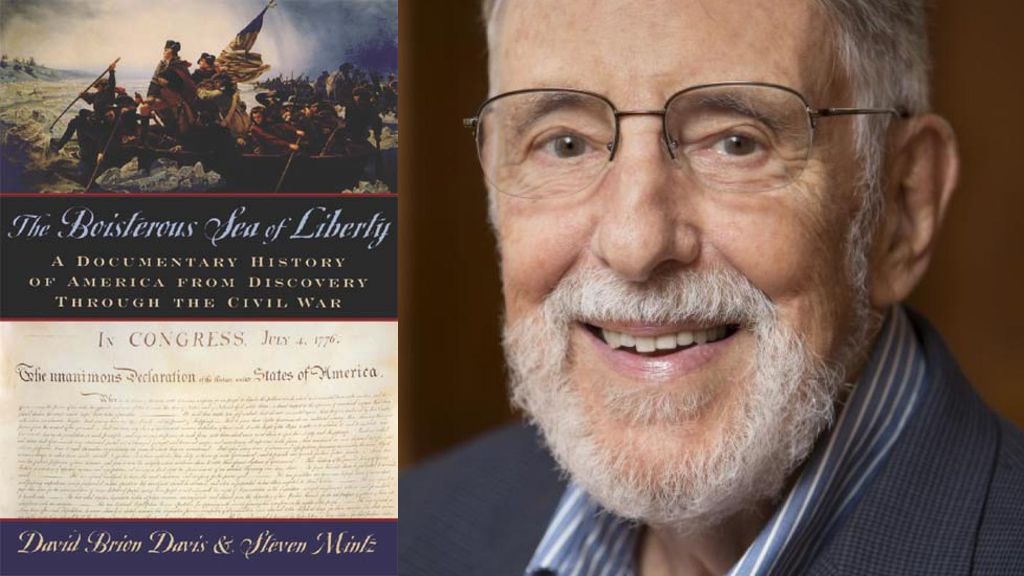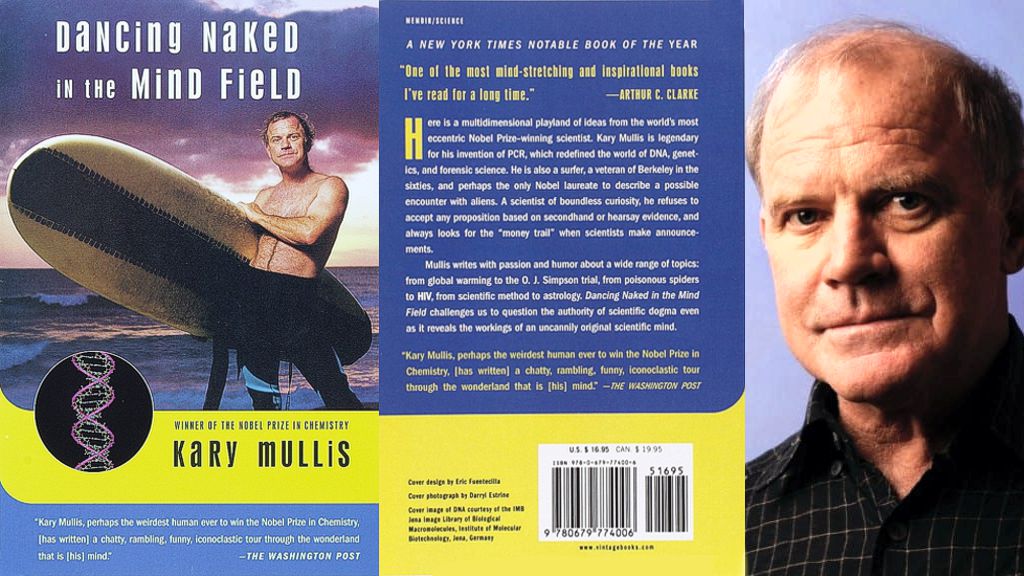Drawing on a gold mine of primary documents–including letters, diary entries, personal narratives, political speeches, broadsides, trial transcripts, and contemporary newspaper articles–The Boisterous Sea of Liberty brings the past to life in a way few histories ever do.
Here is a panoramic look at early American history as captured in the words of Benjamin Franklin, Thomas Jefferson, George Washington, Andrew Jackson, Abraham Lincoln, Frederick Douglass, Harriet Beecher Stowe and many other historical figures, both famous and obscure. In these pieces, the living voices of the past speak to us from opposing viewpoints–from the vantage point of loyalists as well as patriots, slaves as well as masters. The documents collected here provide a fuller understanding of such historical issues as Columbus’s dealings with Native Americans, the Stamp Act Crisis, the Declaration of Independence, the Whiskey Rebellion, the Missouri Crisis, the Mexican War, and Harpers Ferry, to name but a few.
Compiled by Pulitzer Prize winning historian David Brion Davis and Steven Mintz, and accompanied by extensive illustrations of original documents, The Boisterous Sea of Liberty brings the reader back in time, to meet the men and women who lived through the momentous events that shaped our nation.

Editorial Reviews
In historical writing, there’s no substitute for primary sources such as letters and diaries of eyewitnesses and participants. But all too often those sources are handled as minor adjuncts to a text, appearing in truncated form with so little context provided that the immediacy of the material is diluted. The Boisterous Sea of Liberty takes the direct approach of celebrating the primary sources, offering 366 separate documents from colonial times to the Civil War, each presented with a brief yet substantive introduction that provides context as well as entertaining background information about the writers and their subjects. The result is a hefty volume with entries that, as the introduction by coeditor and Pulitzer Prize-winning historian David Brion Davis, puts it, “can have the power of a fax or e-mail just received, evaporating the gap between past and present.” Commendably, editors Davis, a history professor at Yale, and Steven Mintz, a history professor at the University of Houston, have mined deep and wide into the American past in their effort to construct a “documentary history” of the nation up to the Civil War. Not only are there some obvious primary sources, including letters by Washington, Jefferson, and Lincoln, but there are also letters and diary entries by people you may never have never heard of before, but who offer valuable insight and fascinating commentary into the United States’ first century. –Robert McNamara

About the Author
David Brion Davis is Sterling Professor of History and Director of the Gilder Lehrman Center for the Study of Slavery, Resistance, and Abolition at Yale University. His work has won the Pulitzer Prize, the National Book Award, the Albert J. Beveridge Award, and the Bancroft Prize, among many other honors. He lives in Orange, Connecticut.
Biography (1998)
David Brion Davis was born in Denver, Colorado on February 16, 1927. After Army service in postwar occupied Germany, he received a bachelor’s degree in philosophy from Dartmouth College in 1950 and a Ph.D. in American history from Harvard University in 1956. He taught at Dartmouth and Cornell University before moving to Yale University in 1970. He was awarded a Sterling professorship in 1978 and was the founding director of the Gilder Lehrman Center for the Study of Slavery, Resistance and Abolition in 1998. He retired from teaching full time in 2001. He wrote or edited 16 books during his lifetime including Homicide in American Fiction, 1798-1860: A Study in Social Values; Slavery and Human Progress; In the Image of God: Religion, Moral Values, and Our Heritage of Slavery; and Inhuman Bondage: The Rise and Fall of Slavery in the New World. He received a Pulitzer Prize in 1967 for The Problem of Slavery in Western Culture, a National Book Award and the Bancroft Prize in 1976 for The Problem of Slavery in the Age of Revolution, and a National Book Critics Circle Award in 2014 for The Problem of Slavery in the Age of Emancipation. He died on April 14, 2019 at the age of 92.
Steven Mintz is Professor of History at the University of Houston. He has published works on slavery, American reform movements, and the history of the American family. He lives in Houston.









